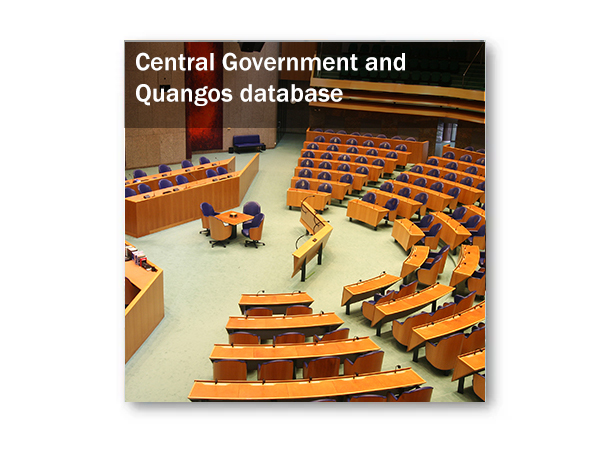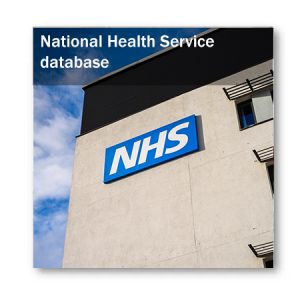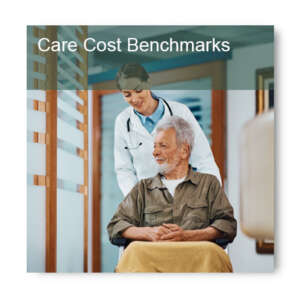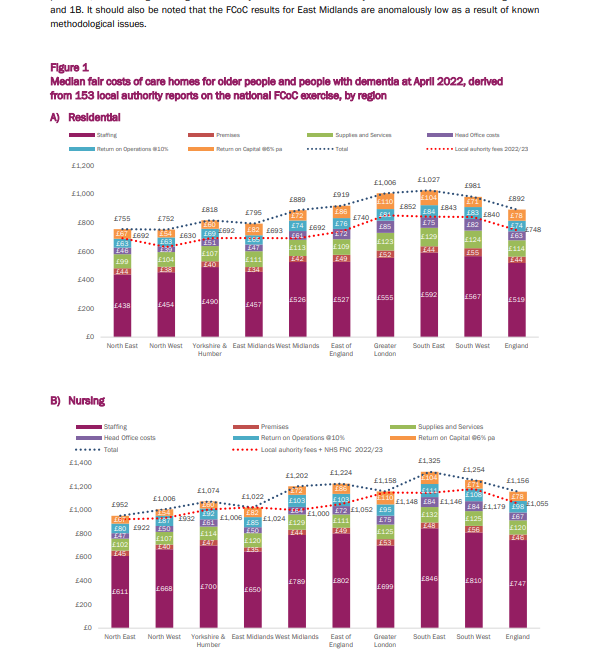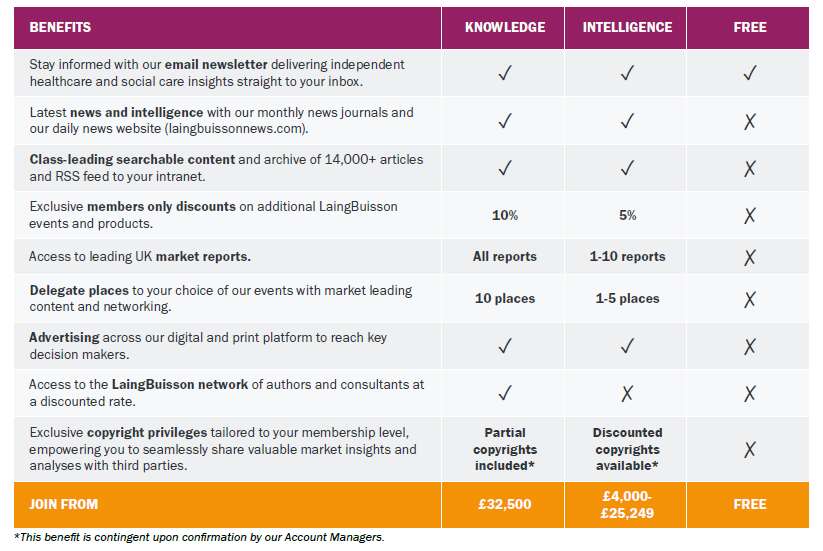Central Government and Quangos Database Subscription

Want to know more? Our sales team can help
Call: 020 7841 0045
Email: [email protected]
10,000+ records
The main Departments of Government such as the Department of Health & Social Care, Department for Education, Treasury, Home Office and the Cabinet Office, their respective sponsored Executive Agencies (such as the Environment Agency and Companies House), other Public Offices and a wide range of other national Non-Departmental Public Bodies (NDPBs), also commonly known as QUANGOs. The devolved Governments (Scotland, Wales and Northern Ireland) are also included and split into their respective Departments. Organisations concerned with Law and Criminal Justice are listed as separate organisations types to make selection easier and include the Courts, Probation Service and Prison Service.
QUANGOs include those concerned with Employment, Regeneration, Training and Business, such as Business Links, Chambers of Commerce and Enterprise Agencies.
With the exception of the QUANGOSs, the contacts listed with the Central Government database are Civil Servants. They implement the policies determined by elected Members of Parliament and feed-back information and advice. The Civil Service has no political bias and is unaffected by elections or ministerial changes. The total workforce represents approximately 10% of the workforce within the Public Sector.

£2,000.00 (£2,400.00 incl VAT) for 1 year
By clicking on Buy Now you are acknowledging that you have read and understood the Data Licence Agreement and agree to the terms and conditions.
You are purchasing a 12 month subscription to a dataset which is a comma separated spreadsheet (.csv). Data is updated on a weekly basis. Up-to-date downloads are accessible in your Client Dashboard on this site. Numbers below are indicative and subject to change as data is continually monitored and updated.
BREAKDOWN OF THE CENTRAL GOVERNMENT DATABASE
Counts and coverage is shown by the key selection areas of the database. The figures are re-calculated every 24 hours based on the latest research.
Central Government organisation types breakdown
Central Government categories and functions breakdown
Most senior ‘non executive’ contact
Reporting directly to the Chairman, second most senior ‘non executive’ contact
The most senior Executive Contact
Most senior Administrative contact. Specific and in some cases statutory post
Senior Director who reports directly to the Chief Officer
Assistant Director or Head of Service that reports to a Director or equivalent
Responsible for identifying and managing internal and external risks to the organisation and related services
Responsible for the implementation and compliance with of the Government’s “Best Value” requirements. This approach is the evaluation of ”services” based on all merits, not just cost.
Central management of administrative support services provided for other departments.
Involves advising/planning in connection with strategic issues and developing systematic processes to enable, general organisational development, expenditure programmes and services to be evaluated and optimised.
Responsible for ensuring services are provided efficiently and effectively to the public. This is likely to include points of direct contact with the organisation.
Responsible for the ”publication scheme” and facilitating public access to all types of information held by the organisation
Strategic role concerned with service delivery from a logistical perspective. Often involves co-ordinating partnerships with other organisations.
Internal provision of printing services for the organisiation
Monitoring the services provided by the organisation/department against predefined standards.
Responsible for ensuring policies are effective and monitoring openness and fairness with the decision making of elected Councillors and the management of the Council.
Responsible for statutory assessment and supervision of adult offenders (aged 16 and over) in Local Govt. Other roles around Criminal Justice in Central Govt
Development of strategies for the provision of Adult Education via community schools/neighbourhood centres/community centres/adult education College and co-ordination with external providers for education and training schemes, such as ”Learn Direct”
Strategic role concerned with service delivery of Adult Services/Social Care from a logistical perspective.
Responsible for all or some areas of Adult Social Care/Services
Person who is not employed as part of management and oversees the running of the organisation
Provide engineering and building maintenance services in relation to the organisations buildings, heating, ventilation, electrical and plumbing services.
Responsible for monitoring the quality of Education provided by the department and developing new and better ways to provide services.
Responsible for all/some areas of Children’s Social Care
Co-ordinating the organisations call/contact centre – used to deal with inbound enquiries from the Public for common services – Benefits/Waste Management/Environmental Health etc
Promoting the organisation (College or University) to international students and developing networks of educational institutions around the world
Promoting the image and services provided by the organisation
Providing support, guidance and incentives to help Businesses develop and grow
Responsible for the transferred services from Connexions and helping young people find appropriate Education and Training for the workplace and to connect them with employers.
Responsible for attracting foreign investment into the UK
Responsible for fostering and developing Economic Growth through Business and Community Support via guidance, financial incentives and investment
Responsible for the Research and Development of policies and strategies to promote economic development in the area covered by the organisation, or across the whole UK
Responsible for providing targeted support and guidance for businesses and communities in rural areas
Responsible for the provision of Education, or a particular subject area(s) within Colleges and Universities
Provide learning opportunities for mature students – can include part time and distance learning courses.
Planning for and co-ordination of emergency services and related services to deal with disasters and major problems.
Contacts working within the three Emergency Services
The top contact for the environment department – primarily within Local Authorities
Development of environmental policies and programmes for in-house action and application to services provided by the authority and more widely.
Financial audit and fraud investigation of all services.
Overall responsibility for financial services in the organisation
Manages central, departmental and service accounts.
Responsible for ensuring wages are paid on time and in accordance with statutory regulations
Responsible for running the organisations Pension Scheme – includes ensuring legal compliance, investments and dealing with claims.
Billing/Collection and recovery of local taxes and other income
Responsible for day-to-day operation of departmental accounts. Usually in accordance with budgets and processes laid down by the central finance department
Responsible for Scientific analysis and advice connected with the organisation and services to the public
Responsibility for public safety; mainly in public places.
Responsible for co-ordinating and developing the Medical/Clinical functions provided by organisation
Responsible for managing and co-ordinating the various nursing functions within both primary and secondary (acute) care. Includes Clinical Governance, which will often be monitored in conjunction with the Medical Services department
Responsible for improving the health of the public within Local Government and the NHS. Can include planning, monitoring health trends, encouraging healthy lifestyles and diet, protecting the public from infectious diseases and enforcing food safety.
Overall and day-to-day management of publicly run/owned Museums and Galleries
Lettings, tenant enquiries, support and general management of the organisations housing stock.
In charge of in-house IT for the whole organisation and management of contracts with outsourced/contracted IT. Responsible for corporate policies and related purchasing.
Responsible for managing, and in some cases providing, data and other electronic information
Responsible for the development of the organisations website.
Involved with ensuring networks and computer systems are optimised to avoid viruses, theft and other forms of damage
Support and development of individual departments IT/ICT; may include management of LANs; buying hardware and software and staff support.
Responsible for implementing online/automated ways of providing public services utilising muti-media technologies
”Geographic Information System” – used for mapping / planning
Manages departmental / organisation wide computer network(s)
Overseeing telecommunications facilities and bought-in services.
Management of the use of energy by the organisation
Overall and day-to-day management of all kinds of property owned by the organisation. Depending on the organisation type can include offices, depots, hospitals, classrooms, public buildings, smallholdings and farms, etc.
Management of the organisations cars, vans, buses and other vehicles. May include maintenance on site, or the management of service providers
Internal implementation of legislative requirements concerned with the safety of employees and members of the public within publicly run/owned buildings
Responsible for the safety of property, facilities and personnel.
All kinds of in-house and outsourced legal work.
Manage, file, store and retrieve archive material relating to the administrative area covered by the organisation
Management of the organisations Libraries – this includes management of branch and central libraries in the case of Local Authorities
Management, development and research of in-house records and information services and systems.
Department Director/Head responsible for one/many clinical functions
Helping to enable local communities to develop socially
Usually found in run-down areas, inner city areas; etc. Responsible for developing the community economically and socially through initiatives, education and partnership with the voluntary sector.
Keeping in touch with EU and EC matters. Some Local Authorities have an office in Brussels.
Working to further the interests of the UK and UK businesses internationally through trade deals and other economic and trade relationships
Setting up partnerships with other public and private organisations and generally seeking “joined-up” approaches to the provision of public services.
All aspects of promoting local tourism and associated services.
Consultation with voluntary organisations, dealing with grant applications, etc.
Human resource and personnel management for the organisation as a whole. Day-to-day management may be delegated to departments in larger organisations
Ensuring that in-house management and external services meet legislative requirements and developing policies and programmes to advance all kinds of equality in the administrative area.
Central management of major contracts that the organisation has with service providers
Management of some or all of an organisations purchasing processes; including lists of approved suppliers; bulk purchases; organisation wide standards and annual contracts.
Assessment of need and delivering solutions though the procurement of products and services within Health and Social Care. Often includes managing and co-ordinating contractors and service providers.
Manage all kinds of arts services and related grants for outside organisations.
Senior contacts responsible for the organisations provision, management and promotion of recreation and leisure functions
Issue licenses for the sale of alcohol / places of entertainment / takeaway restaurants / hackney carriage taxis / private hire / animal boarding / zoos / caravan/camping etc
Management and operation of the planning application and approval system.
Management of training budget; organising specific training events and liaising with training consultants/providers.
Policy and programme development and specifying all aspects of highways maintenance and construction.
Design of highway schemes, road improvements and structures.
Routine and structural maintenance of roads and bridges.
Preparation of strategies and plans for highway and public transport provision, area-wide and more locally.
Central Government seniority breakdown
Central Government regional breakdown

